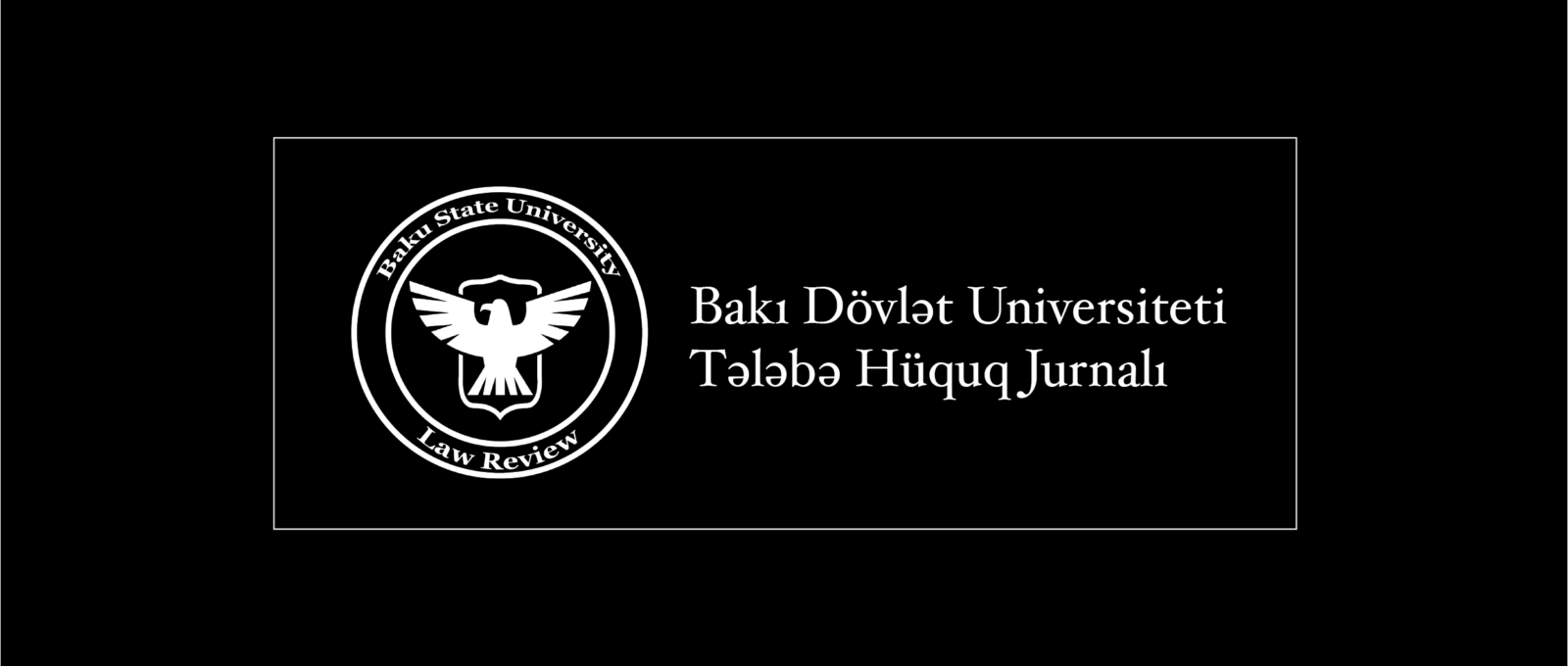Article language: English.
Abstract
Defamation law is one of the contemporary issues affecting the protection and maintenance of freedom of the press. The laws regulating defamation foster the free expression of thoughts, ideas, opinions, attitudes or emotions and, consequently, take a guarantor role for the development of human beings in a democratic society. Thus, such laws not only decriminalize defamation but also shield the fundamental principles and values. However, taking highly democratic states as role models, most developing countries do not consider the adoption of decriminalization laws on defamation. Meanwhile, common law countries have established specific defamation law practices to protect free speech and the rights of media workers from the superiority of private rights. The Council of Europe also recommended State Parties to take legal actions for decriminalizing defamation. The French and German legal systems, which are top continental law countries in the region, made an effort for the adaptation to that recommendation.
However, Azerbaijan, one of the Member States of the Council of Europe, still contains criminal sanctions prohibiting the dissemination of defamatory statements. Disproportionate punishments and even disproportionate sanctions in civil cases caused European Court of Human Rights to deliberate multiple decisions against Azerbaijan in violation of Article 10. For analytic purposes, two chosen judgments of European Court in violation of freedom of expression are discussed. In the end, recommendations are highlighted for the elimination of those constitutional problems and possible legal solutions are advised.
Bu post həm də digər dildə mövcuddur:
Azərbaycanca

